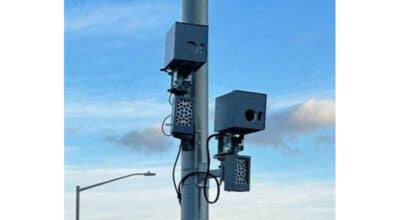That text message can wait
Published 9:52 am Wednesday, November 11, 2015
The law in Virginia is finally catching up to the reality of texting and driving: It’s a dangerous habit that deserves the stricter scrutiny it began receiving when the General Assembly advanced its status to that of a primary, rather than secondary offense.
Prior to July 2013, police could not stop motorists for texting while driving unless they saw some other infraction. Even when prosecutors could establish a motorist had been texting at the time of an accident, the texting could not be used to argue for a charge of reckless driving.
But the change in 2013 meant that texting was now a primary offense, and all across the commonwealth, drivers who refuse to set aside their phones while they’re at the wheel are beginning to pay the price.
According to a study by a Capital News Service reporter, reported in today’s edition of The Tidewater News, convictions for texting and driving across the state are up nearly four-fold since 2012. It’s possible some of the increase is a result of more people on the road with smartphones, but it’s clear much of it comes from the increased efforts of law enforcement officers to crack down on this dangerous habit.
“It’s a 2,000-pound vehicle going down the road between 50 to 80 miles per hour. That takes a lot of focus,” Erik Strickland, director of federal relations for the Governors Highway Safety Association, told a reporter. “And if you look away to text for two to five seconds, you can go (the length of) a couple football fields and not realize what’s going on around you.”
The cost for the infraction can be steep for those who are caught and convicted. First offenders can be fined $125, and repeat offenders can be fined $250 for repeat violations.
But the cost can be far more dear than a big fine. According to the National Safety Council, texting while driving causes 1.6 million accidents per year, accounting for nearly 25 percent of all car accidents.
Motorists who text and drive are 23 times more likely to crash, according to the National Highway Transportation Safety Administration. And, most sobering of all, this risky behavior costs the lives of 11 teenagers every day, according to the Insurance Institute for Highway Safety.
Whether you do it because you’re worried about the possible fines or you do it because you’re concerned with the possibility that you’ll injure or kill someone, do this: Put the phone down and drive. That text message can surely wait.




